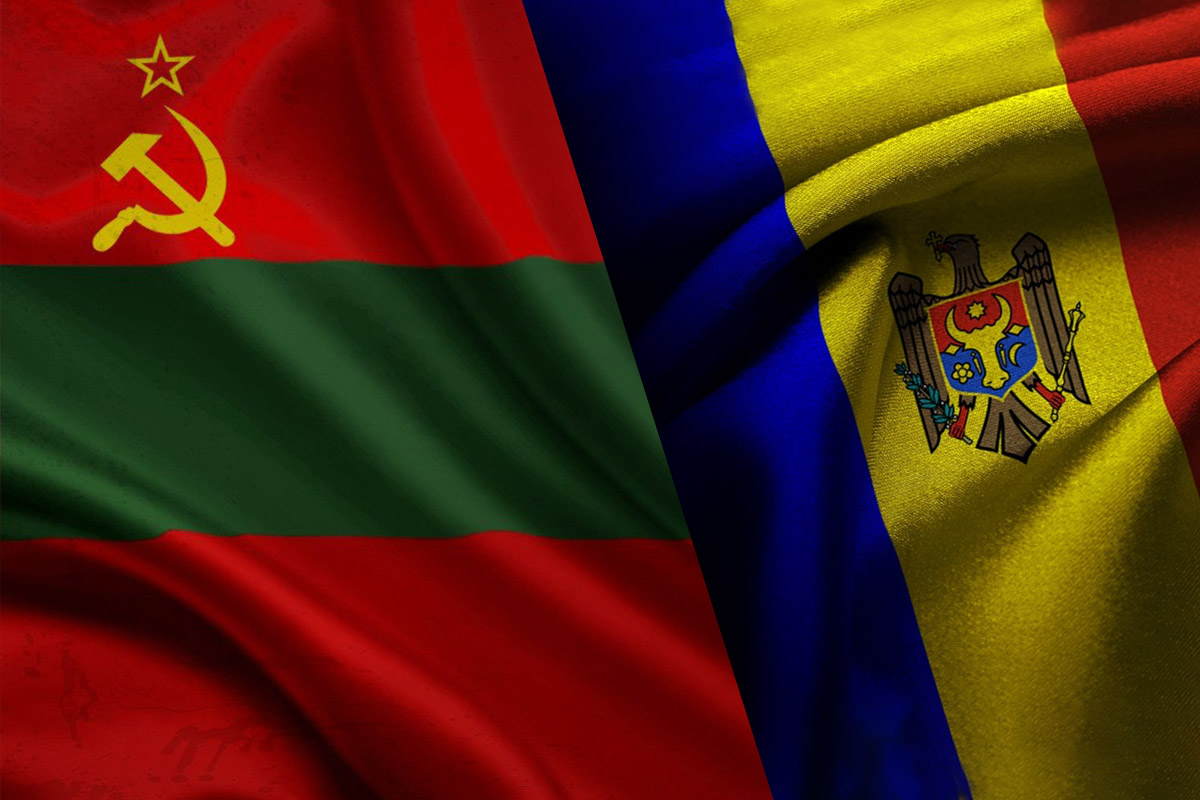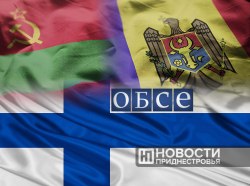Tiraspol, July 25. /Novosti Pridnestrovya/. As many experts expected, the current pro-Western, and at the same time, pro-Romanian leadership of the Republic of Moldova began sounding out the country's possible refusal to comply with the 1992 peace agreements.
Withdrawal like that, if it happens, will make Moldova and Pridnestrovie closer to a state of war, which fully and completely contradicts the interests of the people of Moldova, yet fully and completely meets the most "hawkish" circles of the United States, the European Union, and Romania, seeking to encircle Russia with a continuous ring of military conflicts and hostile to Moscow regimes.
Recall that on July 21, 1992, a peace agreement was signed in Moscow, which was based on two postulates.
The first one provided for the cessation of hostilities between the troops of the Pridnestrovian Moldavian Republic and the Republic of Moldova, which had been ongoing since the beginning of March 1992.
The second one gave the green light to the Russian peacekeepers` landing on the Dniester and the beginning of their joint service with colleagues from the PMR and the Republic of Moldova.
The agreement was based on the principles of international law, which implies armed peacekeeping as one of the classic ways to separate the parties to the conflict. Moreover, in this case, the parties themselves were involved in the operation - Pridnestrovie, and Moldova. This made it possible for the most interesting forces in the world - Tiraspol, and Chisinau - to participate in the ceasefire and consolidate security guarantees on the Dniester.
Now, Moldovan President Maya Sandu says in an interview with the Romanian television channel TVR (quoting verbatim):
“This agreement was signed under the 14th Army`s threat, which did not have peaceful purposes, on the contrary. In the subsequent period, we faced a situation that hindered development; the Pridnestrovian problem has not been resolved to this day. If it were not for the presence and support of the Russian regime in Tiraspol, then this conflict would have been resolved by now.”
We remember that in recent months M. Sandu has stated several times that Pridnestrovie, like Moldova, does not want war. The meaning of some of her statements is precisely this. But then why is she now launching a possible and very dangerous game, fraught with explosions of shells and the crackle of automatic bursts in the battlefields of 30 years ago? After all, even if she does not want this (and we hope that this is the case!), then the withdrawal from the peace agreements is an inevitable approach to a state of war.
All this can happen because, in recent months, Moldova has been firmly taken into manual control by the same Washington, Brussels, and Bucharest, who benefit from starting a fierce feud between Chisinau and Moscow. The interests of Moldova are not taken into account in this case.
Meanwhile, Agreement-92 establishes the following:
First, it excludes the presence of troops of the parties to the conflict in the Security Zone.
Second, it determined the creation and work of the Joint Control Commission, which monitors the situation in the Security Zone and, if necessary, sound the alarm and encourages the participants in the peacekeeping format to eliminate the slightest sources of danger.
Third, it contributed to the creation and operation of the Joint Military Command of the participants in the peacekeeping operation, which nips any attempt to aggravate the situation in the bud.
Fourth, it laid the foundation for negotiations between the PMR and the Republic of Moldova on a peaceful and comprehensive settlement of the conflict. Based on the initiated process, dozens of treaties and agreements were signed between Tiraspol and Chisinau, although most of them are not implemented through the fault of Chisinau.
Fifth, the parties to the conflict eventually became internationally recognized. That is, a legal basis was laid for equal dialogue between these parties.
Withdrawal from Agreement-92 unleashes ALL of the above. It would be useful to recall the background against which the statement of the President of the Republic of Moldova was made:
First. The global confrontation between Russia and the collective West has almost reached its limit. There was a threat of nuclear war. Under these conditions, the West requires its junior partners to stop even the slightest maneuvering and firmly take the side of the US and the EU.
Second. The Moldovan authorities completely failed the socio-economic policy and brought down the standard of living within a couple of months. The failure of negotiations on gas with Russia is particularly revealing.
Third. Gagauzia declares that it gives Chisinau 10 days to reach a satisfactory price for Russian gas, otherwise Comrat will resolve this issue with Moscow on its own.
Fourth. Due to the authorities` catastrophic mistakes, a strong opposition is emerging in Moldova. In fear of this prospect, the authorities have resorted to massive searches and arrests of leading political opponents. Thus, the Deputy Head of the Shor party, MP Marina Tauber, was arrested for 30 days, while the former President of the country, Igor Dodon, remains under house arrest.
Fifth. Due to anti-Russian sanctions and related violations of the logistics of delivery of Moldovan goods to Russia, the products of many peasant farms remained unsold. It rots and does not have a market, which increases dissatisfaction with the current Moldovan authorities` policies.
Therefore, everything that is happening must be considered alongside with policy of the West to mobilize all the forces that Washington and Brussels wish to use against Russia. Added to this is the provocative line of Bucharest, aimed at increasing tension in Moldovan-Russian relations. Romanian politicians need this to take over ALL of former Soviet Moldova, including Pridnestrovie and Gagauzia.
We can but hope that Chisinau`s withdrawal from the peace agreements will remain in the speeches of the top leaders of Moldova. But we must remain vigilant and engage in close political and diplomatic cooperation with all participants in the 5 + 2 negotiation format. To jointly keep our Chisinau partners from rash steps.
Andrey Safonov, political scientist
July 25, 2022








